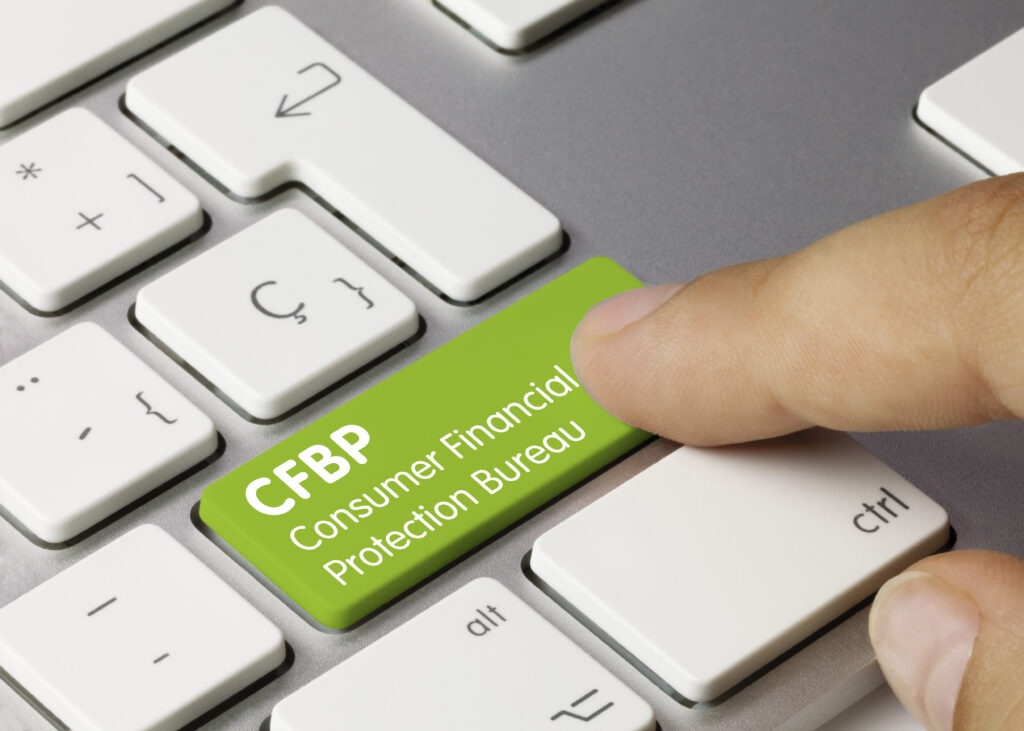
Whether you swipe, insert, tap, or click when you pay, money comes out of your account. But for many, that money comes at the price of an overdraft fee or non-sufficient funds fee—colloquially known as junk fees—in order to complete the transaction. And this phenomenon doesn’t just affect a few hundred people a day…it affects hundreds of thousands of people daily, adding up to billions of dollars a year in revenue for banks.
But, a new rule recently proposed by the Consumer Financial Protection Bureau (CFPB) to block banks and other financial institutions from the most prominent source of junk fee revenue, those collected directly at payment.
For some types of accounts, these junk fees are not just charged as an overdraft fee (which allows the account to go negative so the purchase can be completed) but also occur when a transaction is denied at the point of payment, ATM withdrawal, or peer-to-peer payment.
The CFPB’s proposal is part of the agency’s proactive approach to protect consumers, and it would cover banks, credit unions, and certain peer-to-peer payment companies.
“Over the years, large banks and their consultants have concocted new junk fees for fake services that cost almost nothing to deliver,” said CFPB Director Rohit Chopra. “Banks should be competing to provide better products at lower costs, not innovating to impose extra fees for no value. The CFPB will continue to rid the market of junk fees today and prevent new junk fees from emerging in the future.”
According to the CFPB, when a consumer tries to make a payment, but does not have enough money in their account, generally one of two things happens. One outcome is overdraft – the financial institution extends credit to cover the difference and permits the transaction to go through. Generally, the institution charges a fee for the overdraft loan. The other outcome is that the financial institution simply declines the transaction for insufficient funds. Generally, the institution only charges a fee for insufficient funds transactions that are processed and then declined – i.e., checks or electronic authorizations, like Automated Clearing House transactions.
Financial institutions almost never charge fees for transactions that are declined in real time at the swipe, tap, or click. For example, a $100 grocery purchase with a debit card may be declined in real time because the account only has $90. These types of transactions are not processed like Automated Clearing House transactions, and are generally not assessed fees.
The CFPB is taking proactive steps to ensure that financial institutions do not impose these fees, which can occur for a host of reasons that are out of the consumer’s control. Specifically, as technology advances, financial institutions may be able to decline more transactions right at the swipe, tap, or click. These transactions include ATM, debit or prepaid card, online transfer, in-person bank teller, and certain person-to-person transactions.
Banks have previously increased fees when technology provided an opportunity. Overdraft fees are a prime example, and last week, the CFPB proposed a rule to close the overdraft loophole that had allowed banks to capitalize on technological changes and charge consumers billions of dollars in overdraft fees every year.
According to the CFPB, the proposed rule would consider fees for transactions declined in real time to be unlawful under the Consumer Financial Protection Act.
The proposed rule is also just one part of the CFPB’s multi-faceted work on protecting consumers from unlawful NSF and other junk fees. In early 2022, the CFPB launched an initiative to scrutinize junk fees on a large scale. Following the CFPB’s junk fee work, many banks and other financial institutions have reduced or eliminated excessive NSF fees voluntarily, or by mandate.
All-in-all, the CFPB expects consumers to save $2 billion annually from these changes.
Click here to view the proposed rule. The CFPB is soliciting comments on the rule until March 25, 2024.






